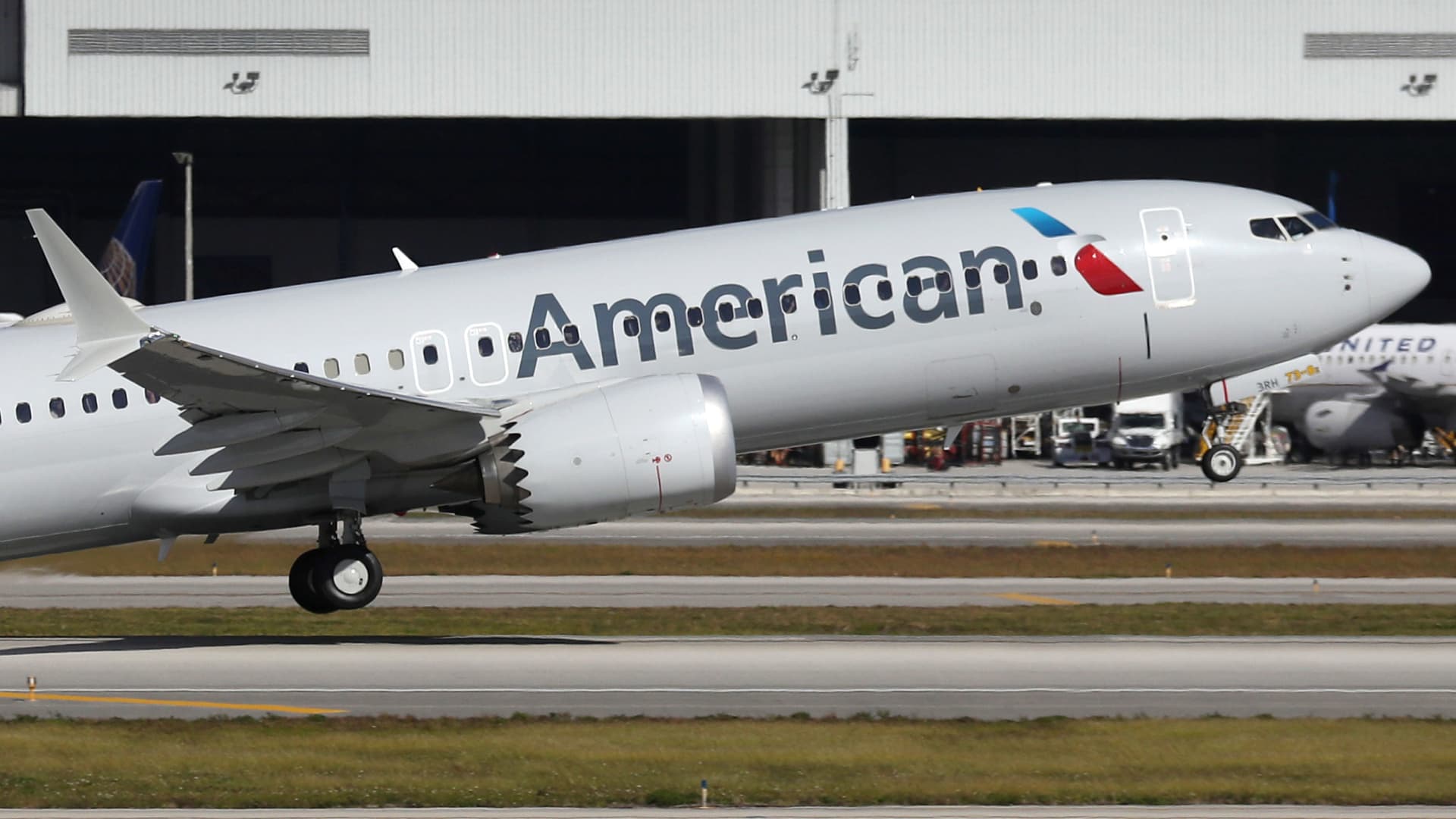Shell has been fined £560,000 following a major hydrocarbon leak on a North Sea oil platform after failing to properly maintain pipelines for seven years.
The Health and Safety Executive (HSE) said the oil and gas giant neglected pipes on the Brent Charlie platform, causing an explosion risk.
He said the pipes deteriorated to such an extent that fluids containing hydrocarbons escaped, forming a potentially catastrophic explosive and flammable mixture.
Fans designed to mitigate the effects of escaping hydrocarbon gas failed to function properly due to a lack of maintenance, leading to a large release of crude oil and mixed-phase gas from corroded pipes, the HSE said.
The uncontrolled hydrocarbon release occurred on May 19, 2017 and was the largest reported to the HSE that year, involving 200kg of gas and 1,550kg of crude oil.
The HSE said 176 employees working on the platform were at risk of explosion if escaping hydrocarbon gas had ignited, but the probability of ignition was assessed to be less than 1%.
The HSE also said the rig manager and several emergency teams deserved praise for their decision-making which helped prevent the incident from getting worse.
Shell UK pleaded guilty to two charges under the Marine Installations (Fire and Explosion Prevention and Emergency Response) Regulations 1995 and was sentenced at Aberdeen Sheriff Court on Tuesday.
The court heard the release occurred within the return oil line (ROL) pipe within column four of the concrete leg.
An HSE investigation found deficiencies in Shell's safety management system that led to the release, with ROL pipes in column four not being properly maintained for several years.
It found the pipes were installed for short-term use and were due to be removed in 2010, but remained in place for seven years.
After considering mitigating factors, Sheriff Ian Duguid fined the company £560,000.
HSE offshore health and safety inspector Dozie Azubike said: “At more than 1,750kg, the hydrocarbon release from Shell Brent Charlie was the largest reported to the HSE in 2017.
“This release occurred in a confined space with limited access; it is fortunate that no one was on the leg at the time, or they could have been asphyxiated by the hydrocarbon-rich atmosphere, not to mention the risk of fire and explosion.
“Although the offshore industry has managed to reduce its total number of hydrocarbon emissions, in most years there are still several that, if ignited, would have potentially catastrophic consequences.
“This case highlights the importance of oil and gas rights holders reviewing their current management of temporary spool changeover and subsequent disposal processes, strengthening inspection regimes to identify potential internal corrosion within pipelines, and ensuring that the inspection frequency of safety-critical equipment considers a full analysis of the equipment's maintenance history.”
A Shell spokesperson said: “Shell’s focus on the safety and care of our people is deeply embedded in our culture and drives every decision we make.
“When an alarm alerted us to a gas leak at Brent Charlie in 2017, emergency procedure was followed immediately and no one was injured.
“The prosecutor accepted our analysis that the risk of a leak occurring was extremely low.
“However, our usual preventive measures did not solve this problem.
“We have investigated and made sure this does not happen again.”
Debbie Carroll, who leads health and safety investigations for the Crown Office, said: “Shell UK Ltd failed to take adequate measures to prevent potential fires and explosions.
“By failing to monitor the corrosion of a temporary spool, a significant release of hydrocarbons occurred that had the potential to catch fire or explode, causing a significant and unacceptable risk.
“This prosecution should remind duty bearers that failure to meet their obligations to keep their employees safe can have serious consequences and they will be held accountable for this failure.”










